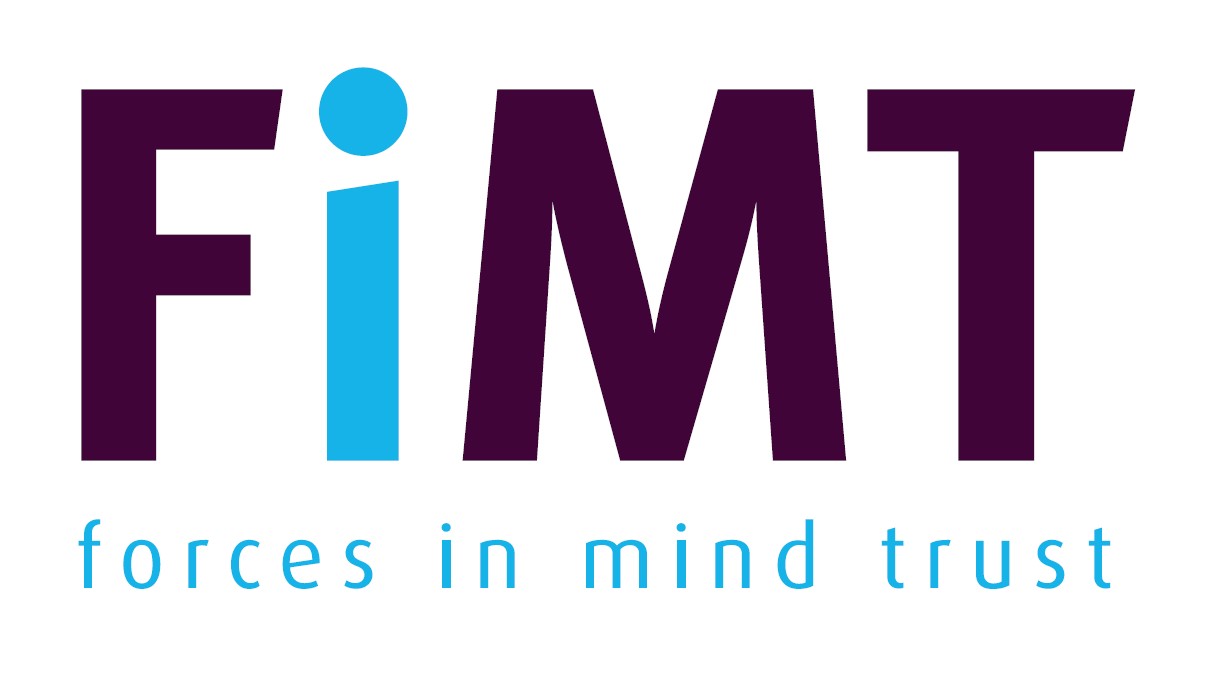An early-stage trial is the first of its kind for a treatment for complex post-traumatic stress disorder
Early-stage research shows promising findings for a new intervention designed specifically to treat complex post-traumatic stress disorder (CPTSD), a sister condition to PTSD that was only formally recognised in 2018 by the International Classification of Diseases (ICD-11). The trial was carried out by researchers from Edinburgh Napier University, King’s College London, Ulster University and Combat Stress, and was funded by Forces in Mind Trust.
The results indicated that the new therapy called Enhanced Skills Training in Affective and Interpersonal Regulation (ESTAIR) was safe and effective to use. ESTAIR is the first intervention to specifically target CPTSD and this is the first study of a dedicated treatment for CPTSD amongst UK military veterans.
Complex post-traumatic stress disorder (CPTSD)
PTSD and complex PTSD are mental health conditions that occur after having been exposed to a traumatic event. Individuals with CPTSD experience the same symptoms as PTSD but also further symptoms that are intended to capture pervasive psychological disturbances associated commonly with chronic and multiple traumatic events.
Existing research suggests that CPTSD is more common than PTSD in ex-Service personnel, and that existing therapies effective for treating PTSD might be less effective for CPTSD, which highlights the need for developing and testing new interventions for what is a debilitating condition.
Research and Results
ESTAIR was delivered to 28 former UK military personnel receiving treatment for CPTSD, whilst 28 more were given treatment as usual (TAU). This consisted of psychosocial education and monitoring, rather than an active therapy alternative like cognitive behavioural therapy.
Patients treated with ESTAIR experienced large reductions in their CPTSD symptoms with only 18% of the patients retaining symptoms consistent with CPTSD at the conclusion of the study. 84% retained the diagnosis in the TAU group. Participants indicated that they viewed the treatment as having a positive impact on multiple dimensions of their lives and further positive feedback was received that few participants dropped out of the study.
What’s next?
The results suggest that the newly designed treatment is suitable, safe, and effective. Based on these promising findings, a larger trial is now required to compare the effectiveness of ESTAIR in veterans with CPTSD against an alternative treatment, such as cognitive behavioural therapy.
Professor Dominic Murphy at Combat Stress and King’s College London said
“For those veterans who experience complex PTSD, this can cause real distress. As such, we are excited by the improvements highlighted by our new intervention for Complex PTSD: ESTAIR. Our hope is that we will be able to build upon this trial, and in time, offer ESTAIR widely to those experiencing Complex PTSD.”
Professor Thanos Karatzias at Edinburgh Napier University said
“Our research work the last few years has inspired the development and refinement of ESTAIR as the first ever dedicated treatment for ICD-11CPTSD. We are delighted that these findings demonstrate that ESTAIR is an acceptable and potentially effective treatment for CPTSD. Results provide an important breakthrough in trauma treatments that will bring hope to many CPTSD sufferers in the UK and beyond.”
Michelle Alston, Chief Executive of Forces in Mind Trust said
“Whilst most Service personnel make a successful transition to civilian life, some experience health issues before or during transition that have a deep impact. The positive results of this study are vital in providing the evidence base to provide specific support for those who experience CPTSD: an important step in improving the lives and transition of those affected by CPTSD and their families.”

















